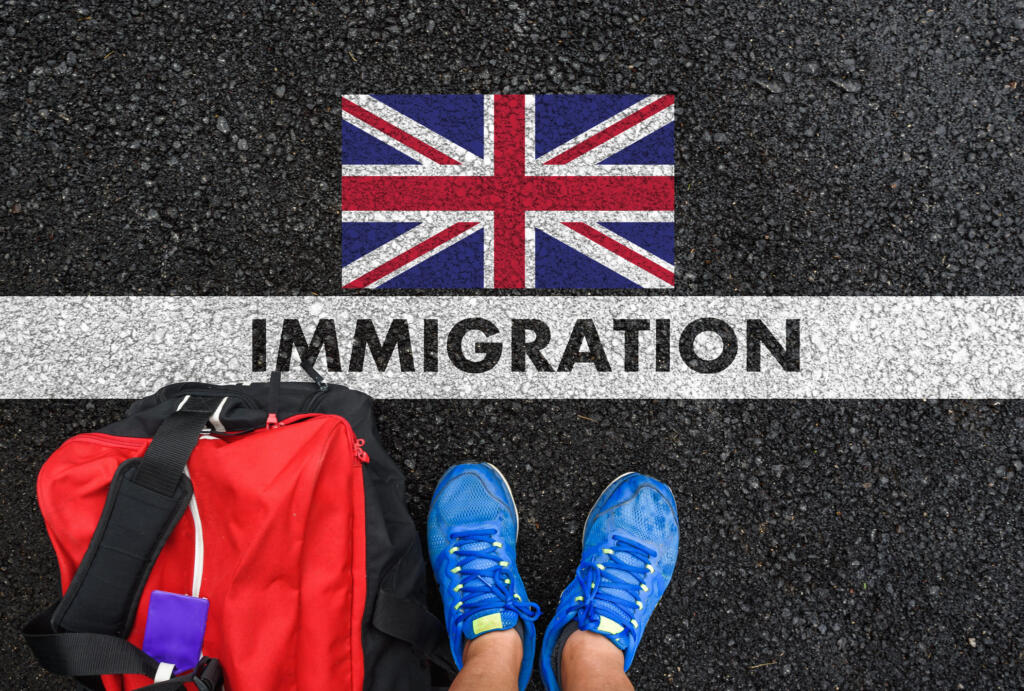
The rules on who can legally work in the UK after Brexit changed on 1 January 2021. A new points-based immigration system has already been rolled out.
This article is part of a series of articles on how to prepare your business for Brexit. Our legal advisors have also produced a business guide to help you navigate the challenges.
The free movement of workers from the EU will end on 31 December 2020 at 11pm, when the Brexit transition period ends. Employers need to ensure they are doing the correct right-to-work checks and following the correct process if bringing workers in from overseas.
Businesses which do need to recruit workers from overseas will need to hold a sponsor licence from the Home Office in order to do so. For more information on the new points-based immigration system please see our previous article here.
Getting a sponsor licence for an employee to work in the UK after Brexit
Specifically you’ll need a sponsor licence to employ someone from the EU, Switzerland, Norway, Iceland or Liechtenstein coming to the UK to work from 1 January 2021. Info on the costs and process are here. Our specialist team can help you get a sponsor licence in place.
It is also worth considering what percentage of your UK workforce is from the EU.
It’s important that your European staff know the steps to take to register as an EU citizen working in the UK before and after 31 December 2021. See here for more details.
We have been working closely with bigger clients with many multinational staff to ensure all staff have the correct right to work in the UK.
What other changes will apply?
Changes will apply to EU/EEA/Swiss citizens visiting the UK after Brexit. Will this impact your business? Find out more information here.
Future travel to the EU for the servicing of contracts or other purposes may be affected. Government advice on this can be found here. You may need to check the non-EEA visa requirements for the country you are visiting.
The UK Government has issued information for the recognition of professional qualifications that will change after the 1 January 2021, which can be found here.
How we can help
This article is for general information purposes only and should not be used as a substitute for legal advice. If you are unsure of your legal obligations in any part of your business management, we can support you through the whole process.
Our expert teams can help you navigate the new rules around immigration, employment contracts, supply chain, data protection, commercial property disputes and any legal matters affecting your business. For more information, our legal advisors have produced a Brexit business guide and series of articles – you can also get in touch if you have any questions.
